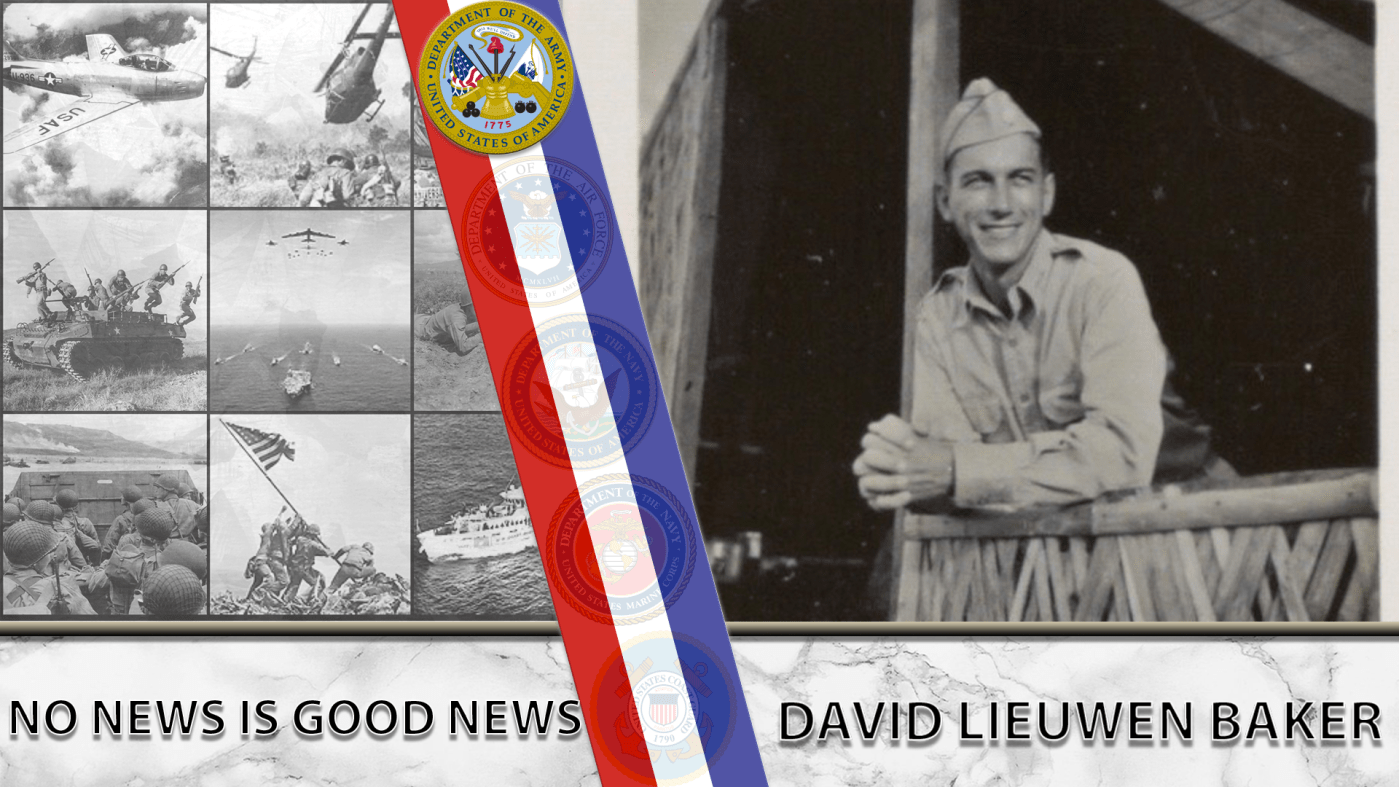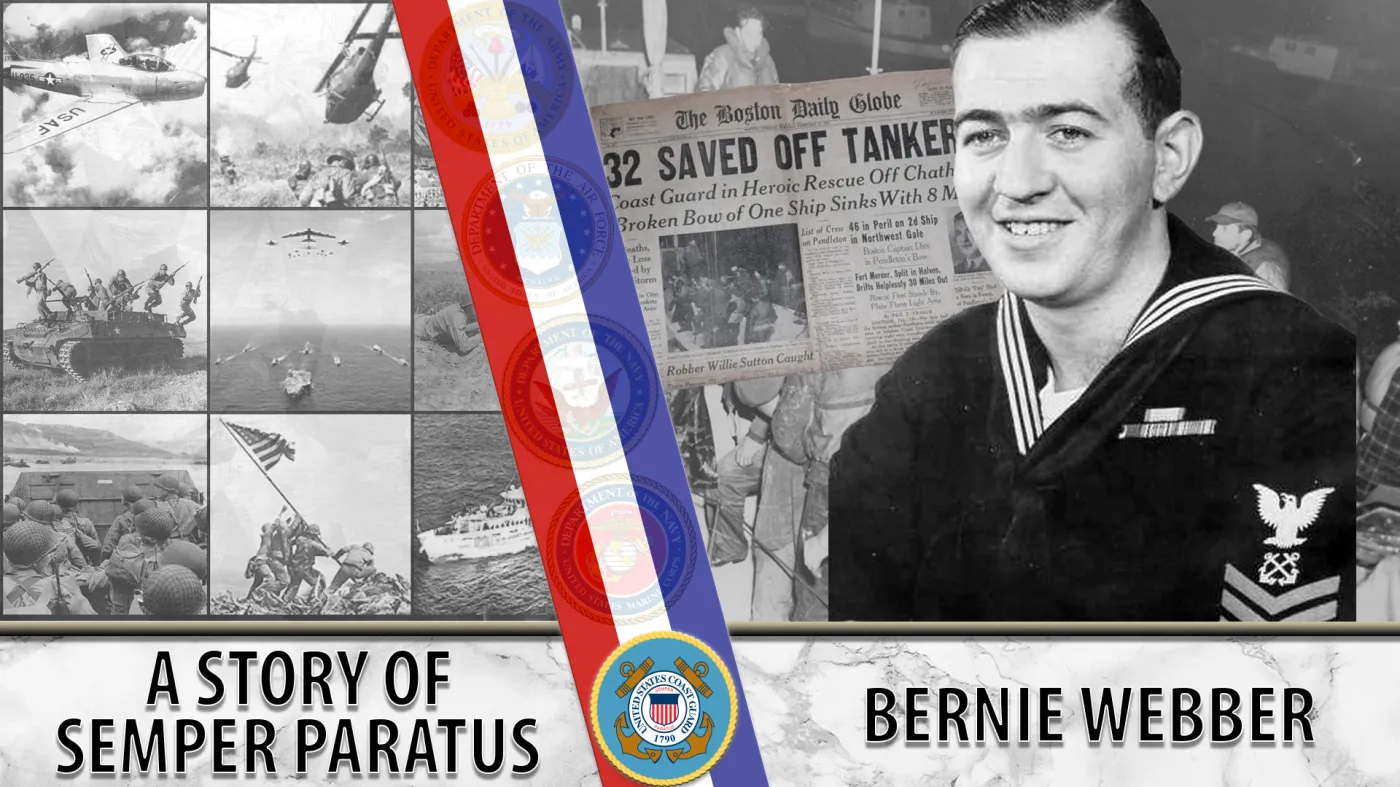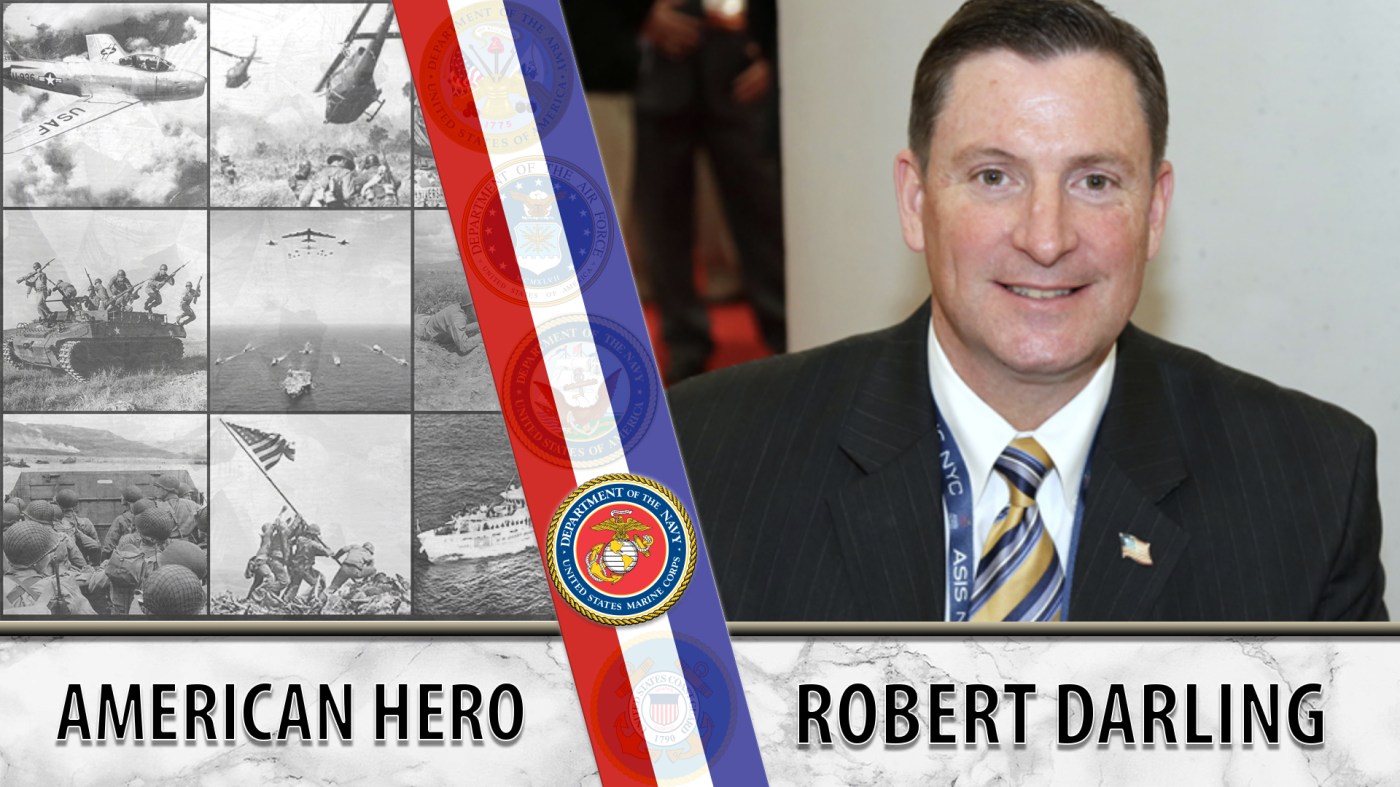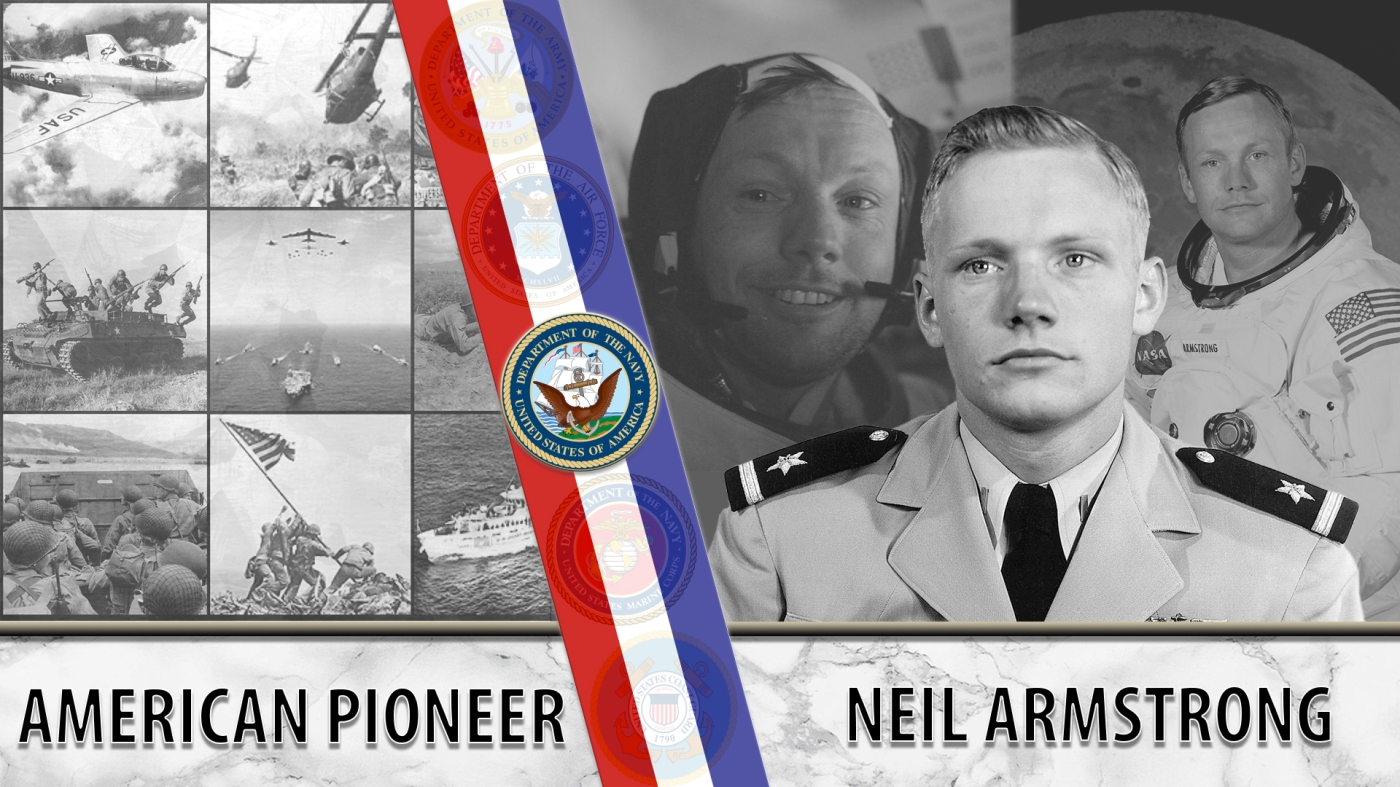When

WWII Army Veteran Lt. Col. David Lieuwen Baker kept up a correspondence with his wife and parents detailing his work in the 25th Infantry Division.
David Lieuwen Baker was drafted into the Army in February 1942, he kept a frequent correspondence with his wife and parents. Baker wrote often to his family in Iowa about army life and events while stationed in Honolulu, Hawaii, as part of the 25th Infantry Division, 8th Field Artillery Battalion.
While in Hawaii, the 25th infantry division participated in jungle warfare and amphibious training in preparation for deployment to the Pacific. In a letter of Aug. 19, 1942, Baker wrote that “it seems like there is always something to do and I try as hard as I can to keep busy.” He later commented in a letter from 1943 how “it is so funny how many things there are to write about over here and yet none of them are permissible [due to censorship].”
After serving as an operations and training staff officer in Guadalcanal, Baker became the business post exchange officer for the 25th ID. Post exchanges serve as shopping areas for soldiers on military bases or installations. During the summer of 1944, Baker also attended the Command and Staff College at his base in California while continuing to serve in the post exchange.
In mid-January 1945, the 25th Infantry Division deployed to the Pacific as part of the Philippine liberation campaign. After landing at San Fabian in northern Luzon, the division fought its way southward through the Caraballo Mountains and the surrounding provinces.
On Feb. 9, 1945, Baker was serving as a liaison officer when he learned that an assault company’s leaders were trapped by mortar fire near a heavily fortified hill close to the village of Rosaldo. According to his April 1945 citation for the Silver Star, Baker led two consecutive artillery assaults against the hill to rescue the trapped company. When enemy fire damaged his communications radio, Baker put himself in harm’s way to repair the radio and restore communications before recommencing the next assault.
After the capture of Balete Pass in April, Baker’s unit remained in the Cagayan Valley until the beginning of July 1945. When the Japanese surrendered in August, Baker stayed in Tarlac to assist with postwar duties until mid-September, when he was sent by ship to Gifu, Japan. In one of his last letters before leaving the Philippines, Baker described the dismantling of military equipment and the downsizing of bases. “We have been awfully busy getting everything loaded and moved to the beach. We are loading from the identical same spot on the same beach nine long months ago. It looks quite a bit different than it did then.” Baker eventually returned to the U.S. in spring 1946. He was honorably discharged in April as a lieutenant colonel.
For his service during the course of the war, Baker received numerous medals, including the Silver Star, the Air Medal and the Philippine Liberation Ribbon.
“I have changed my ideas about a lot of things,” Baker wrote in a letter dating May 1945, “mainly to be happy with what I have and enjoy life as it is rather than to always be feeling sorry for myself for what I haven’t.”
We honor his service.
Sources for this AVS come from the Library of Congress and the 25th ID Association, linked in the story above.
Writer: Sarah Concepcion
Editor: Elissa Tatum
Fact Checker: Ricky Aguilera
Graphics: Aiman Alhuda
Topics in this story
More Stories
Bernie Webber led one of the greatest Coast Guard rescues in history that was later chronicled in the book and movie, “The Finest Hours.”
As the events of 9/11 unfolded, Marine Veteran Robert Darling served as a liaison between the Pentagon and Vice President Dick Cheney in the underground bunker at the White House.
NASA astronaut Neil Armstrong was the first person to walk on the moon. He was also a seasoned Naval aviator.






